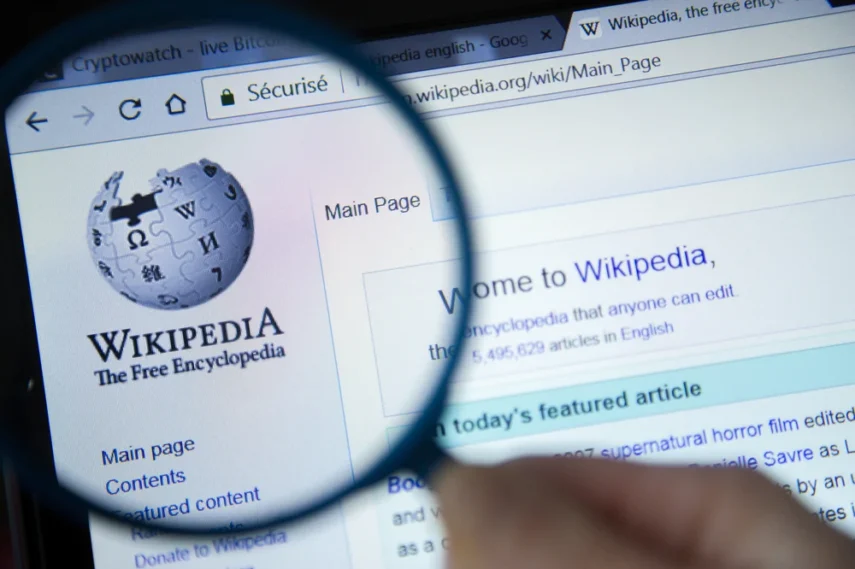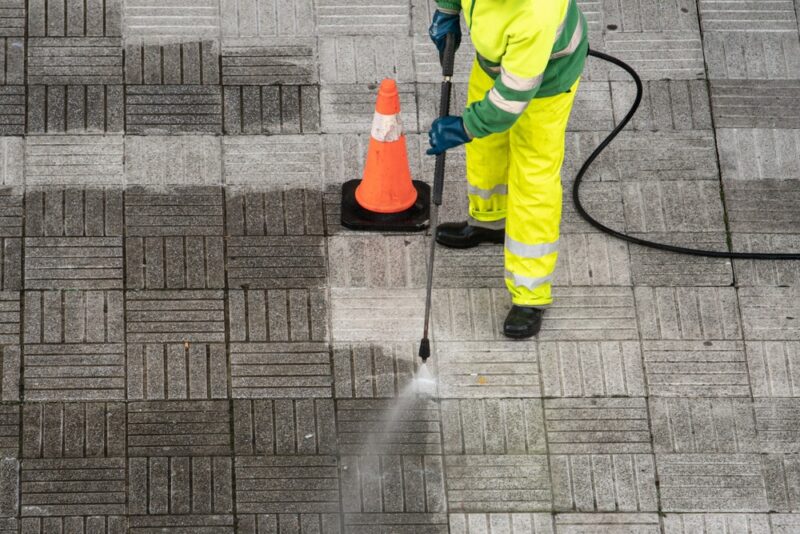Usually, plagiarism is the appropriation or copying someone else’s thoughts or text without his or her permission. But often, students do it unintentionally. The fact is that the Internet space is currently filled with a very large number of texts, words, and phrases. Reading various articles, works, and sources, we involuntarily memorize phrases, sayings, and even whole sentences. Therefore, the texts might be displayed as plagiarized.
It is very important to have your own opinion and to be able to summarize and paraphrase what you have read. In our article, you will learn how to put down a text without detecting borrowings in it. We will talk about the most important steps in essay writing in order not to commit appropriation.
Tips for avoiding plagiarism in custom written papers
Putting all the information we want on a piece of paper is not an easy task. There are several rules that the author must adhere to when making his text. If we copy information from some website, article, or document, it will already be considered borrowed.
Modern days have gifted us with some invaluable software advancements.We are lucky to have various plagiarism checkers online. Due to the many difficulties faced by people with literary theft, PapersOwl checker is often used to write a essay without plagiarism. This allows us to be 100% confident in our work. If we copy information from some website, article, or document, it will already be considered borrowed. Therefore, when it comes to plagiarism-free essays, it is worth knowing certain features so that hours spent on creating a text do not go in vain. We have prepared basic tips for you, following which you will easily write your original papers.
1. State your ideas

Before writing your paper, analyze many different sources. You should be able to gather information and paraphrase it in your own words, adding your thoughts. Rely on the opinions of others but write exclusively in your own words, without duplicating the phrases of the authors.
2. Make the paraphrasing correctly
Paraphrasing is conveying the content of the author’s ideas in one’s own words. But you need to know how to do it correctly. To paraphrase someone’s words successfully, avoid repeating words and phrases from genuine papers as much as possible. Try to note them exclusively in your own words.
3. Keep records of research material
Many people avoid this, but we advise you to keep a list of sources and resources where you get information. If you want to quote the author, be sure to indicate the source from which this quote came and who it belongs to. In this case, you will avoid literary theft.
4. Use quotes only where necessary

Do not insert too many quotes. You need to be careful with them and know how to use quotes correctly. Overusing them will attract unnecessary attention and raise many questions about appropriation. It is better to use several pertinent quotes and format them correctly. Do not forget to put quotation marks and start the phrase with a capital letter if you quote the author word for word, even if the quote begins in the middle of a sentence.
5. Check and edit the content
After you have written your paper, proofreading and editing are very important steps. Check carefully that there are no grammatical errors. Make sure all quotations are enclosed in quotation marks, and that all are unnecessarily paraphrased. This way, you will avoid appropriation and bring your work to perfection.
6. Check the writing for plagiarism
To be completely sure that your work is unique and not to worry when submitting it, check it for borrowing on your own with a plagiarism checker. Now there are many free plagiarism checkers for students where you can upload the text and make sure that it is not plagiarized. Be careful, though. We advise you to use only verified platforms that even some essay writing services may use. On some platforms, your text may be copied and further used by other authors. Therefore, it is better to pay and use a reliable resource.
7. Do not use Wikipedia as the source of your paper

Taking Wikipedia as a basis for your texts is not the best decision. Wikipedia is open for editing by anyone, so it is not a reliable and trustworthy source of information. Sometimes editors make mistakes or inadvertently add incorrect information. Another good reason is that most rules prohibit using Wikipedia as a reference to a source of information. That is why we advise you to avoid using this resource when preparing your paper.
Practice more
A lot of people who have written a text at least once and submitted it for verification had to deal with plagiarism. You should not be afraid of borrowing. Understand the ways of overcoming and solving it. Don’t get upset if you don’t get it right the first time. Only through practice in academic writing do we learn and see our mistakes.
When starting your work, read a lot of material. It can be articles on the Internet, electronic books, or blogs of famous people or scientists. Write down the key points that are important for your future text, and then develop and expand on them. Pay special attention to how deeply you paraphrase because this will determine whether plagiarism will be visible in your work or not.
Conclusion
It happens that you may not realize that you have committed plagiarism in your work. Maybe you just forgot to attach a link or inserted a sentence that wasn’t paraphrased. Working on avoiding borrowing requires your efforts and, most importantly, your desire. We advise you to re-read our 7 tips each time you start writing. This will help you to focus on the main things that you should pay attention to. Be attentive and concentrated. And to make writing more effective, choose a time for yourself when you are most motivated and sit down to work just then.







